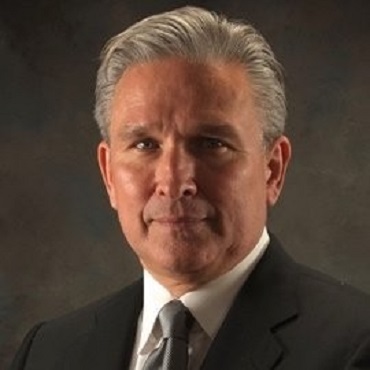Scientific Program

Gregory O Shanick
President & Medical Director
Biography:
Gregory O'Shanick, M.D., is a former chairman of the board of directors of the BIAA. In May 2011, he was named Medical Director Emeritus for BIAA, after serving for 14 years as its inaugural National Medical Director. Over the past 30 years, he has treated more than 11,000 patients with brain injuries while serving on the faculties of four medical schools and in private practice. Since 1991, Dr. O'Shanick has been the President and Medical Director of the Center for Neurorehabilitation Services in Richmond, Va. He holds board certification in four medical subspecialties (Brain Injury Medicine, Behavioral Neurology and Neuropsychiatry, Psychosomatic Medicine and General Psychiatry) and has published three books, 12 academic textbook chapters and more than 70 peer-reviewed publications. He has presented at national and international medical conferences and has served as an advisor to numerous federal agencies including the Centers for Disease Control and Prevention, Department of Defense, National Institutes of Health and National Institute on Disability and Rehabilitation Research.
Abstract
Presented is a convenience sample of 26 outpatients (9 male; 17 female) who had been treated in an out-patient neurorehabilitation center for traumatic brain injury (TBI) and developed co-morbid depression, non-responsive to multiple courses of antidepressant therapy, and subsequently received repetitive transcranial magnetic stimulation (TMS) for their depressive syndromes. Time since TBI to TMS varied from 16 months to 53 years, with severity ranging from mild to severe. Measures of mood (PHQ9) generally were reflective of improvement in depressive symptoms. Concomitant improvement in cognition and pain tolerance were also demonstrated with subjective and objective measures. The use of TMS in individuals following TBI with depression appears to be a safe modality offering affective and cognitive benefits based upon this open trial. Further studies are warranted.
- Electroconvulsive therapy (ECT)
- Transcranial Magnetic Stimulation (TMS)
- Deep Brain Stimulation (DBS)
- Transcranial Direct Current Stimulation (tDCS)
- Brain and Neurological Disorders
- Neurology / Neurobiological Diseases
- Neurodegeneration & Aging Disorders
- Mental disorder / Mental illness
- Cognitive Neuropsychiatry
- Neurosurgery
- The neurobiology of climate change

